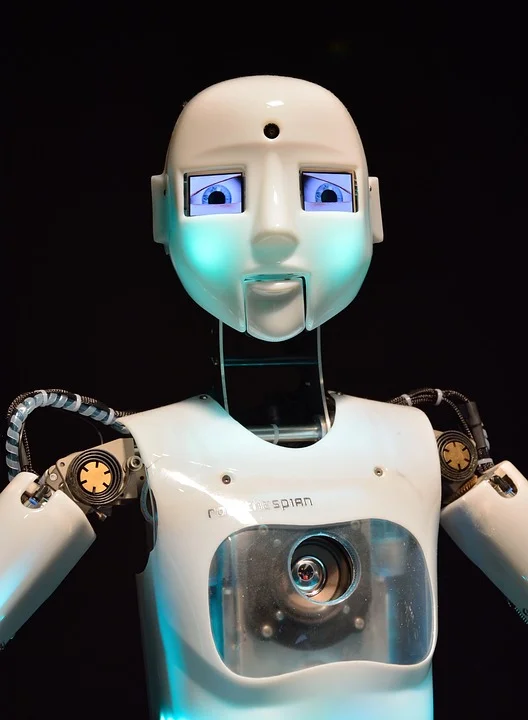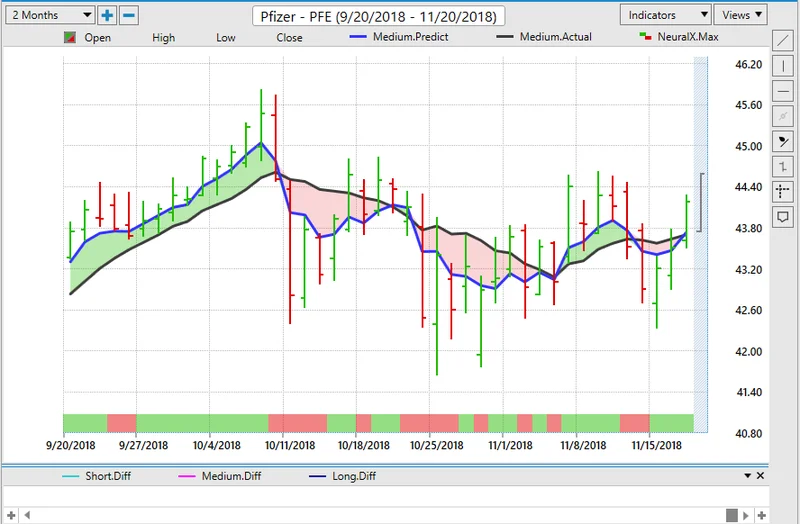Common Supplement: Heart Failure Link and What We Know
Title: Is Your Sleep Aid a Ticking Time Bomb? Rethinking Melatonin's "Harmless" Reputation
Okay, folks, let's dive into something that's been buzzing around the scientific community and, frankly, has me a little concerned: melatonin. We all know it, right? That seemingly harmless supplement we pop to catch some Zzz's. But new research is suggesting we might need to pump the brakes on the long-term love affair with this sleep aid.
A recent analysis, presented at the American Heart Association's Scientific Sessions, has linked long-term melatonin use to an increased risk of heart failure. Yes, you read that right. The study, which looked at over 130,000 adults, found that those prescribed melatonin for more than a year had an 89% higher risk of heart failure over five years and were twice as likely to die from any cause, compared to those not prescribed melatonin. Common Supplement Shows Concerning Link to Heart Failure
Now, before you chuck your melatonin bottle in the trash, let's be clear: this research is preliminary. It doesn't definitively prove that melatonin causes heart problems. But what it does do is raise some serious questions about the supplement's long-term safety, especially given its widespread use and easy accessibility. Think about it: in the US, melatonin is available over the counter, meaning you can grab it without a prescription or any real guidance on dosage or duration of use. That's like letting anyone drive a race car without a license – potentially dangerous!
The Sleep Aid Paradox
Here's where things get interesting. Melatonin is typically considered safe for short-term use – around 1 to 2 months. It mimics a hormone our brains naturally produce to regulate our sleep-wake cycle. Taking it can help some people fall asleep and stay asleep. But the long-term effects? That's where the research is lacking. And that's a problem, especially as melatonin's popularity continues to soar.

Medical researcher Ekenedilichukwu Nnadi at SUNY Downstate/Kings County Primary Care in New York puts it well: "Melatonin supplements may not be as harmless as commonly assumed. If our study is confirmed, this could affect how doctors counsel patients about sleep aids." It's a wake-up call – pun intended!
One of the study's limitations, as pointed out by Carlos Egea, President of the Spanish Federation of Sleep Medicine Societies, is that it relied on prescription records to determine melatonin use. This means the control group (those who didn't take melatonin) may have included people in the US who were taking it without a prescription. So, the numbers might not be as cut and dry as they seem. But still, the association is concerning.
And it's not just about heart health. Even in the short term, melatonin can have downsides. Remember the recent reports of non-fatal overdoses among children in Australia? It's a reminder that even "natural" supplements can carry risks.
This is the kind of news that makes me pause and reflect. We live in a world obsessed with quick fixes and easy solutions. We pop pills for everything, often without fully understanding the potential consequences. Melatonin, with its "natural" label, has become the poster child for this trend. But maybe, just maybe, it's time to rethink our relationship with this sleep aid. What if we focused more on addressing the root causes of our sleep problems – stress, poor diet, lack of exercise – instead of relying on a pill to knock us out? Just a thought!
Time to Wake Up and Smell the Coffee?
This isn't about fear-mongering. It's about common sense. We need more research into the long-term effects of melatonin. We need clearer guidelines on its use. And most importantly, we need to have open and honest conversations with our doctors about our sleep problems and the potential risks and benefits of all treatment options. Because when it comes to our health, there's no substitute for informed decision-making.
Related Articles
11.11: The Moment That Reimagines Our Tomorrow
The Dawn of a New Human Story: Why Our Future Just Got Personal Sometimes, you stumble upon an idea,...
Blue Origin's New Glenn Launch: What We Know
Blue Origin's New Glenn: Not Just a Rocket, But a Stepping Stone to Our Martian Future Here we go, f...
Robot: Autonomous Catalysis Research – What We Know
The Rise of the Robot Catalyst: Hype vs. Reality Self-driving labs. Autonomous catalysis. The very p...
Pfizer's Next Chapter: The Biotech Revolution We've Been Waiting For
You’ve seen it. I’ve seen it. We’ve all been there. You’re deep in a flow state, chasing a thread of...
Chick-fil-A: What the Data Really Says
Imagine, for a moment, that the world of quick-service food isn't just about speed or convenience. W...
Apple News Today: AI Developments and Stock Performance
Apple's Foldable iPhone: A $2,500 Gamble on Under-Screen Cameras? The whispers surrounding Apple's f...





